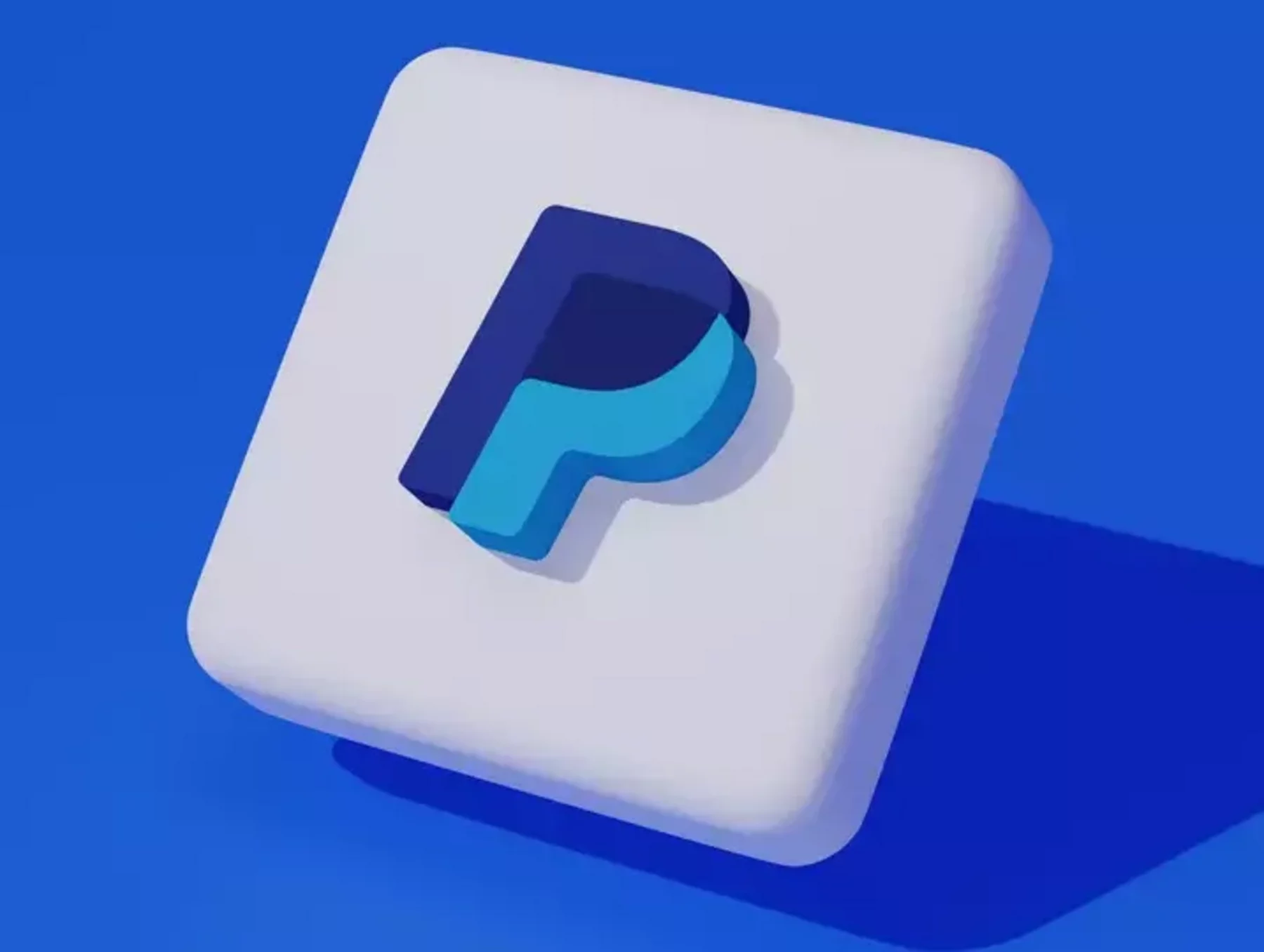News
PayPal expands PYUSD to Solana, targets payment use cases
PayPal has announced the expansion of payment use cases for its PayPal USD (PYUSD) stablecoin and Solana (SOL). This strategic expansion aims to enhance the utility and accessibility of digital payments, reinforcing PayPal’s commitment to integrating cryptocurrencies into mainstream financial services.
-

 Business2 days ago
Business2 days agoCircle stock jumps 167% on NYSE debut
-

 Business1 week ago
Business1 week agoOpenSea expands beyond NFTs with OS2 public rollout
-

 Business2 days ago
Business2 days agoJapan’s ‘Strategy,’ Metaplanet, to buy 91K Bitcoin in next 18 months
-

 Business1 week ago
Business1 week agoTelegram raises $1.7 billion in convertible bond offering
-

 Business6 days ago
Business6 days agoSingapore orders local crypto firms to cease overseas activity by June 30
-

 Business5 days ago
Business5 days agoSEC faces criticism over crypto staking shift
-

 Business6 days ago
Business6 days agoMeta won’t buy Bitcoin as shareholders knock back treasury idea
-

 Business6 days ago
Business6 days agoBinance co-founder CZ proposes dark pool DEXs to tackle manipulation


























